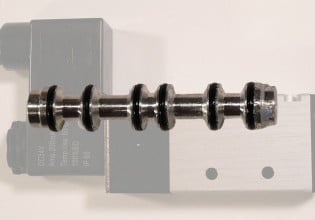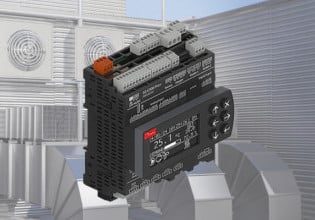S
In the gas turbine control system, there would be the case where a huge load be disconnected from and the gas turbine goes to island mode operation. As a result, the frequency tend to goes higher and frequency influence factor in control system tries to reduce the load setpoint to closing the fuel control valve and reduce the speed. BUT, at the time that load rejection happens, the load setpoint was set to the value equal to the time before load rejection. This cause the control deviation (which is the difference between load setpoint and the actual load + frequency influence factor) be positive and decrease as the effect of frequency influence.
In the case described above, gas turbine trip happened (I don't know the reason for that trip) due to the frequency drop!
Could some experienced persons establish the analysis for this case. I mean, why the frequency factor couldn't control the frequency drops? Should be the load setpoint change its value at the time load rejection happens to make control system act quickly to control frequency? if it is the case, what load setpoint must be set to?
I would really thanks your kind help.
In the case described above, gas turbine trip happened (I don't know the reason for that trip) due to the frequency drop!
Could some experienced persons establish the analysis for this case. I mean, why the frequency factor couldn't control the frequency drops? Should be the load setpoint change its value at the time load rejection happens to make control system act quickly to control frequency? if it is the case, what load setpoint must be set to?
I would really thanks your kind help.






